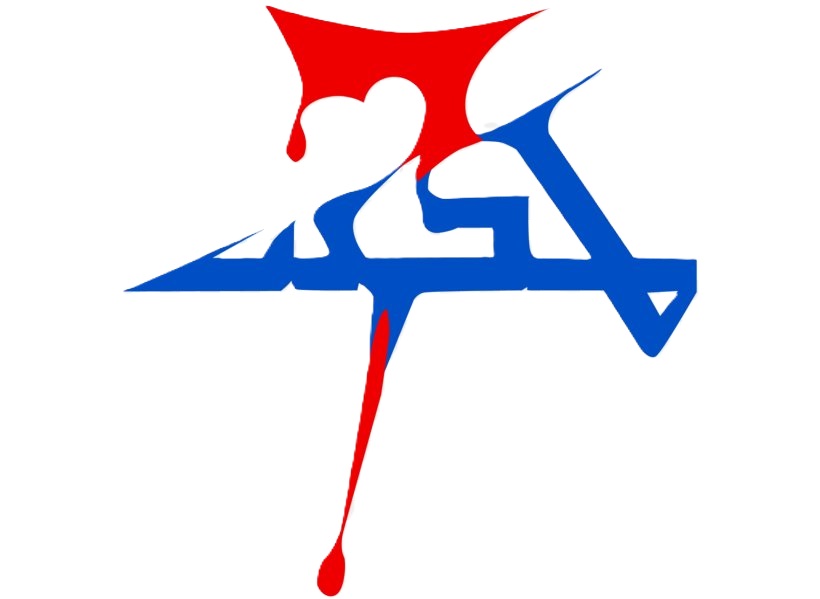On August 7, 1933, the northern Iraqi town of Simele witnessed a gruesome massacre of the Christian minority of the Syriacs (Assyrians/Arameans/Chaldeans). Within a few days, thousands of men, women, and children were systematically murdered by Iraqi government troops—supported by local militias, with the approval and knowledge of British officers. For many, this marked the final blow in a series of broken promises that began with the collapse of the Ottoman Empire in 1918.
The Broken Promise of 1918
After World War I, the British promised the Syriacs their own homeland in return for their fight alongside the Allies. The Eastern Syriacs, under the command of the legendary General Agha Petros, had fought against the Ottoman Empire and Kurdish units—hoping for freedom in their own homeland with self-determination. But when the war ended and oil interests took precedence, priorities shifted.
Britain decided against the creation of a Syriac state and instead integrated the region into the newly formed entity of Iraq—a fabricated state dominated by Arab and Kurdish nationalisms. The Syriacs were left in a hostile environment, without protection, without rights, without a future, and decimated by genocide and the ensuing struggle for liberation.
Simele: Symbol of Betrayal
The Simele massacre was not an isolated incident. It was the direct result of British political decisions aimed at retaining control over oil-rich Mesopotamia—at any cost. As tensions escalated, British troops demonstratively withdrew, abandoning the Eastern Syriacs to their fate. London knew what was coming—and did nothing. The subsequent humanitarian aid was a drop in the ocean, symbolic consolation instead of genuine responsibility.
Today, the Simele massacre would be classified as a genocide. It was a state-coordinated assault on an ethno-religious minority with the goal of erasing their presence.
Without 1915, 1924, and 1933, the Middle East Would Be Different
As early as 1915, Christians in the Ottoman Empire—Armenians, Syriacs, and Pontic Greeks—had experienced genocide. More massacres followed in the 1920s in Turkey and Syria. Simele in 1933 was the third act in this systematic extermination.
Had these peoples been protected, the Middle East today would have a strong Christian middle class—educated, multilingual, economically active, and culturally rooted in both Western and Eastern values. This could have stabilized the region’s development—and perhaps prevented many later conflicts.
The Islamic State: The Final Blow
What began in 1933 took on a new dimension in 2014 with the rise of the so-called Islamic State (IS). Once again, it was the Syriacs who were driven overnight from cities like Mosul, Qaraqosh, or Karamlesh and from the Khabur River region in Syria. Churches were destroyed, monasteries plundered, priests abducted. IS simply continued where nationalists and colonial powers had left off.
And again, the West looked on—often shocked, often speechless, but rarely resolute. The values it claimed—human rights, religious freedom, protection of minorities—suddenly no longer applied. Realpolitik took over. Refugee flows were managed, but the root causes ignored.
The West’s Double Standards
The West expects migrants and minorities to adopt its values—democracy, secularism, equality. Yet when these very groups exist or fight for those values in the Middle East, they are abandoned. The history of the Syriacs is a prime example.
When it comes to oil or geopolitical alliances, principles become secondary. The British of 1933 were hardly different from today’s decision-makers—just look at Iraq after 2003.
The Simele massacre is more than just a dark chapter of history. It is a symbol of broken promises, forgotten peoples, and a world order that remains based on power rather than justice. Anyone seeking to understand the present in the Middle East must know Simele—and recognize the responsibility the West continues to bear.



